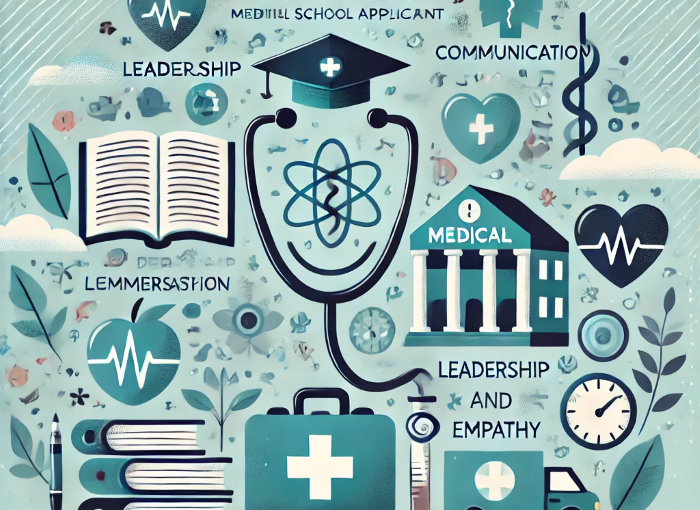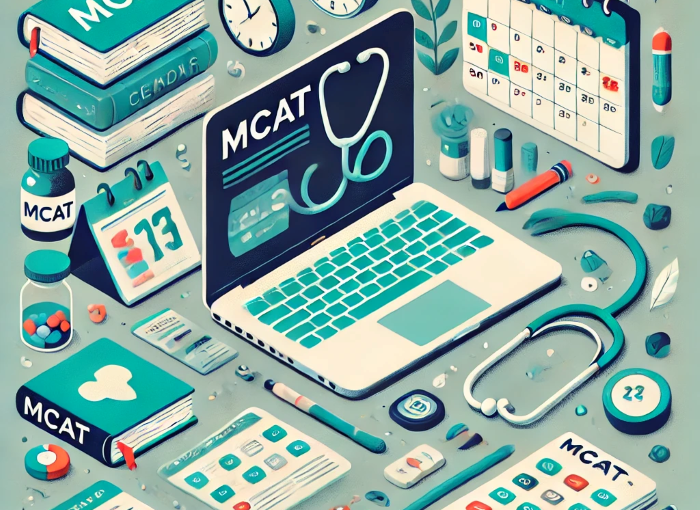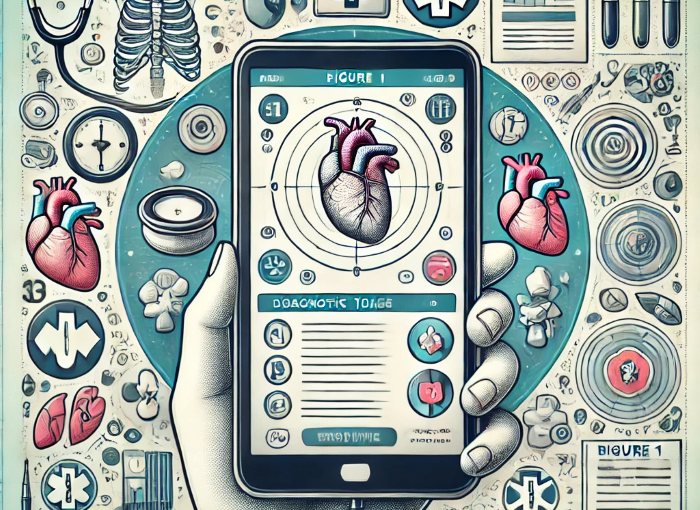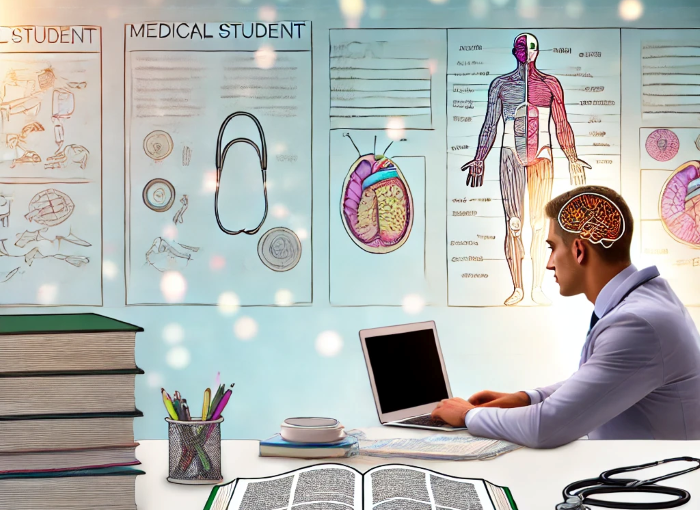Generated with the help of OpenAI. (2025). ChatGPT (May 30 version) [Large language model]. https://chat.openai.com/
The journey to medical school is highly competitive, with applicants from diverse backgrounds striving to secure a coveted spot. However, medical schools look beyond grades and test scores when choosing candidates. They seek well-rounded individuals who demonstrate not only academic excellence but also the qualities and skills essential for a successful medical career. Here’s a look at what makes a strong medical school applicant.
Strong Academic Foundation
While grades and MCAT scores are not the sole criteria, they play a crucial role in demonstrating an applicant’s ability to handle the academic demands of medical school. Strong performance in courses like biology, chemistry, physics, and biochemistry shows readiness for rigorous science coursework. A competitive MCAT score further underscores an applicant’s knowledge and critical thinking abilities.
Clinical Experience
Hands-on clinical experience is essential for a medical school applicant. Whether through shadowing, volunteering, or working as a medical assistant, these experiences provide invaluable insights into the healthcare environment. Clinical experience also shows admissions committees that the applicant has firsthand exposure to patient care and understands the challenges and realities of the medical profession.
Commitment to Service
Medicine is fundamentally a service-oriented profession, and medical schools seek applicants who demonstrate a genuine commitment to helping others. Volunteer work, community service, or participation in outreach programs reflect a dedication to improving people’s lives and giving back to the community. These experiences help applicants develop empathy, compassion, and interpersonal skills—qualities that are essential in a physician.
Research Experience
Many medical schools, particularly those affiliated with research institutions, look favorably on applicants with research experience. Research demonstrates critical thinking, problem-solving skills, and a commitment to advancing medical knowledge. Whether in a laboratory, clinical setting, or through independent projects, research experience can strengthen an applicant’s profile and indicate an interest in contributing to medical science.
Leadership Skills
Physicians often take on leadership roles, whether it’s managing a healthcare team, coordinating patient care, or advocating for healthcare policy. Medical schools value applicants who demonstrate leadership skills through student organizations, work roles, or other extracurricular activities. Effective leaders show resilience, adaptability, and the ability to work well with others, all of which are critical skills in medicine.
Excellent Communication Skills
Good communication is essential for physicians who must convey complex medical information to patients, collaborate with colleagues, and engage in patient-centered care. Medical schools look for applicants who can communicate clearly and empathetically. Participation in activities such as public speaking, teaching, or even working in customer service can showcase strong communication skills and interpersonal abilities.
Maturity and Professionalism
Medical school is intense and requires students to be responsible, organized, and professional. Admissions committees look for evidence of maturity in an applicant’s ability to manage stress, take responsibility, and maintain professionalism. Letters of recommendation, personal statements, and interview interactions often provide insights into an applicant’s maturity and readiness for the demands of medical training.
Cultural Competence and Sensitivity
With increasing diversity in patient populations, cultural competence has become an essential quality for physicians. Medical schools appreciate applicants who demonstrate respect and sensitivity toward people from different backgrounds. Experiences such as volunteering in diverse communities, learning a second language, or studying abroad can reflect cultural awareness and an appreciation for diverse perspectives.
A Well-Rounded Background
Medical schools value applicants who are well-rounded and bring unique experiences to the table. Pursuing hobbies, artistic interests, or athletic achievements shows that an applicant is more than just their academic profile. Well-rounded applicants are often better equipped to balance the pressures of medical school and bring a holistic perspective to patient care.
A Clear Passion for Medicine
Ultimately, a strong medical school applicant shows a genuine passion for the field of medicine. Admissions committees look for candidates who can articulate why they want to become physicians and how they envision contributing to healthcare. This passion is often reflected in the personal statement, interviews, and the overall consistency of an applicant’s experiences.
Conclusion: Building a Standout Application
A good medical school applicant is more than just a high GPA or MCAT score; they are well-rounded individuals who are academically prepared, compassionate, and committed to service. By focusing on these qualities and experiences, applicants can strengthen their profiles and demonstrate their readiness for the journey ahead. Medical schools seek not only future doctors but also future leaders and advocates for health, so remember to highlight your unique qualities, dedication, and passion for making a positive impact.
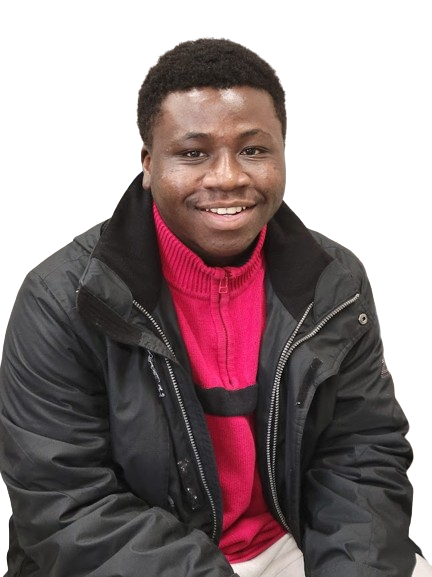
Dennis Boakye ’26 is a rising junior with a major in Neuroscience and a minor in Mathematics. He is also a co-president of the Neurolawrence Club and the Synthetic Biology Club and the treasurer for the American Medical Student Association (AMSA, Lawrence Chapter) and the Black Student Union (BSU). Dennis is the current career peer educator for the Health and Medicinal Professions (HMP) and the Physical and Natural Sciences (PHN) career communities at Lawrence University. Connect with Dennis on LinkedIn.
